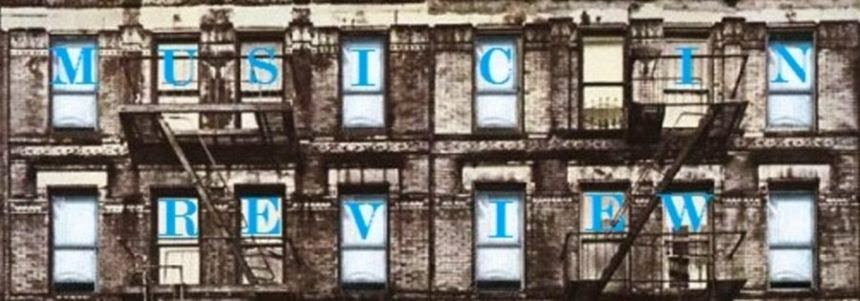Several years ago I was suckered into going to a club during Goth night, and without going into details, though they are very funny assuming you are not me, I was in a really bad mood for very good reasons. My general discontent was only further aggravated by the overwhelming fakeness of everyone there. People were trying to be miserable, but they weren’t. Goths actually try to convince themselves and others, that being sad and miserable, is somehow totally awesome, and as someone who is often pissed off and miserable I can assure you, it is not. I’d rather be anything than lonely, miserable, and pissed off, and I quickly came to realize that Goth night that I was only person there who was legitimately miserable, and all these piss ants posers were in their own indirect way mocking me and my suffering. Have I shared this story before? I might have, I only have so many.
Like any sane person I do not enjoy dwelling in misery, but I can appreciate the poetry and emotional power of profound sadness. I can appreciate great despair the way we all appreciate a great tragedy, trying circumstances or painful downfalls we can all relate to or fear. Hardships can install us with powerful emotions that can not only entertain us but also allow us to reflect upon ourselves.
The Mountain Goats are real.
First of all The Mountain Goats are some strange folkish indie rock group from California, and while instrumentally they are nothing too innovative it is the lyrically content that makes them stand out. The beats of their songs are lively and comforting and overall very good, but their lyrics, oh god their lyrics, despair; despair would be a good way of putting it.
Before researching The Mountain Goats or really having any information about them whatsoever, I immediately knew the song writer(s) for the group had serious issues, real issues, real problems, resulting in real sadness. There is a certain quality to anything that is real that you can’t replicate. Emos and Goths might talk about their hearts of ice, or woe is them because their parents wouldn’t buy them a second car, but people who are truly depressed they say things like “I hope you die... I hope we both die.”
“No Children,” it a very angst ridden song. It describes a horrible situation two people have gotten themselves into, a marriage, not only totally void of love, but filled to brim with contempt for each other. It is a relationship that has limped well beyond the point of redemption leaving only mild comfort in the suffering of each other, existing just to continue to spite their respected spouses, neither one of them being strong enough to change their situation or simply leave.
It was no surprise to me to learn that the entire album “Tallahassee” which features the song “No Children,” was a concept album focusing around the terrible conditions the song writer experienced growing up in a broken home. That’s real pain, and as a result the songs have real angst, you can feel it in every tense jarring word that is sung and in its own morbid way, it is beautiful, beautifully dark.
There is something comforting about tragedy in stories insofar that it is not you. The contemplation my crazy brain goes through when I hear a song like “No Children,” is that I would never allow myself to ever let things get so completely out of hand. Still it is a pain I can relate too, we all can, because we can all understand the idea of being entrapped in dire situations that slowly consume our lives, most of us never feel such an tragedy directly, thank goodness, but we can all imagine it, and thus we can grasp those feelings and our hearts can share in the terror of the tale.
Until next month, keep on rocking in the free world;
- Colin Kelly
